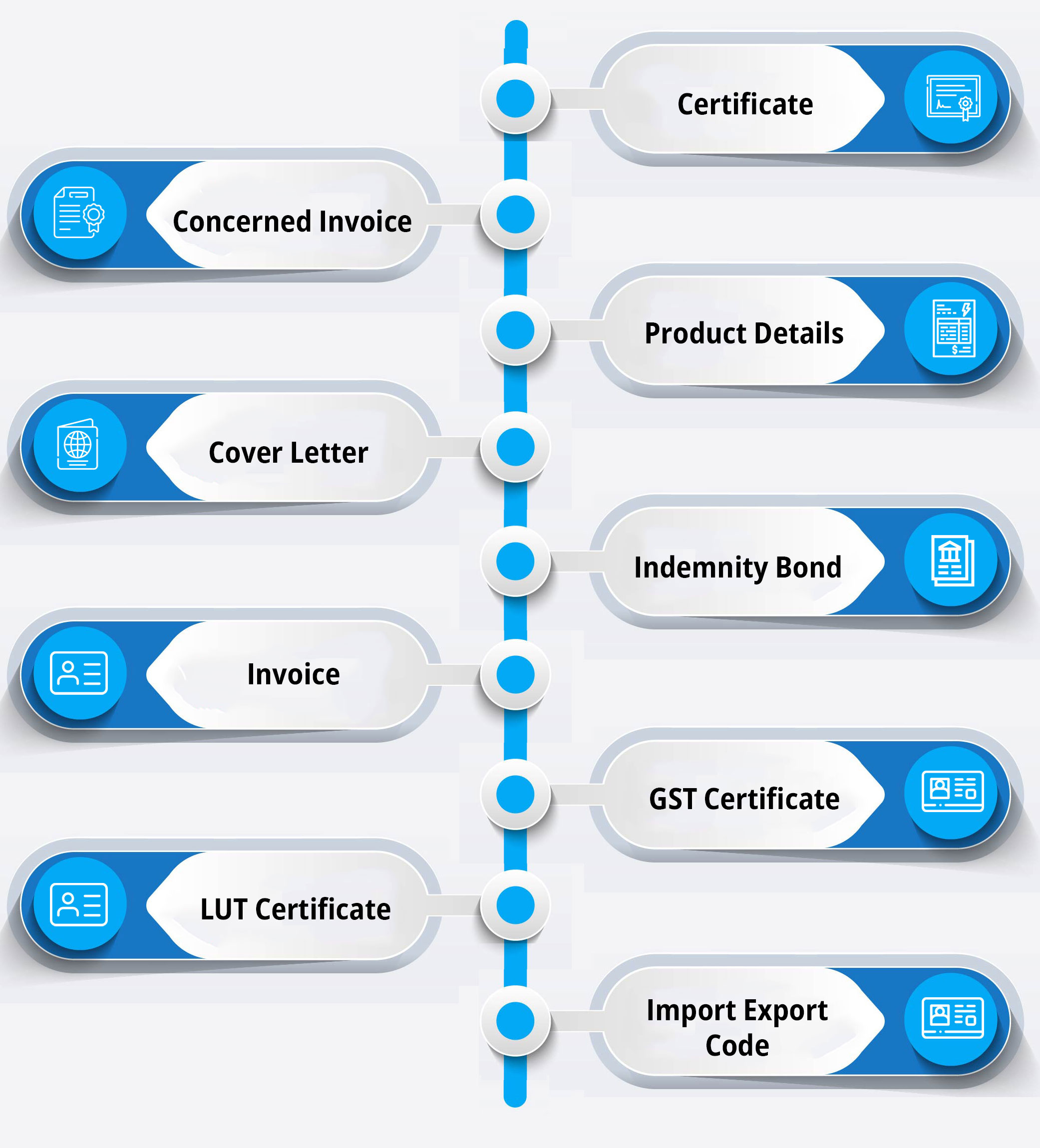A Certificate of Origin is a document that identifies the country of origin of any goods or commodities. The Certificate of Origin also includes information about the goods, its intended destination, and the exporting countries. As agreed upon by states in trade agreements and treaties, it is a required tool for export or cross-border trade. The primary purpose of a Certificate of Origin is to facilitate customs clearance. If the products being exported/imported do not have a Certificate of Origin, the Customs officer in charge of inspecting them will refuse to let them leave the warehouse. The Customs officer uses the Certificate of Origin to assess the duties that must be paid and to determine whether the products being exported/imported are legitimate.


Documents required to be physically submitted at office of Indian Chamber of Commerce or Trade Promotion Council of India
.png)
TLegal Birbal is one of the platforms that collaborates to solve all of your legal and financial needs while connecting you with trustworthy professionals. Yes, our clients value our legal services! Because of our focus on minimising legal requirements, they have always treated us properly and offered regular updates.





A Certificate of Origin (CO) is a document that certifies that the products being exported were entirely sourced, produced, or manufactured in India. It is usually included in all export documents.
The origin of the products stated on the Certificate is used by the customs authorities in the country of import to determine the appropriate duty rate for those commodities. While a Certificate of Origin may not be required by a country, it may be useful to give one. Some nations, however, may require a Certificate for each shipment.
A Certificate of Origin is issued by both the Indian Chamber of Commerce as well as Trade Promotion Council of India.
There are two kinds of Certificate of Origin that Chambers of Commerce may issue, Non-preferential Certificate of Origin and Preferential Certificate of Origin.